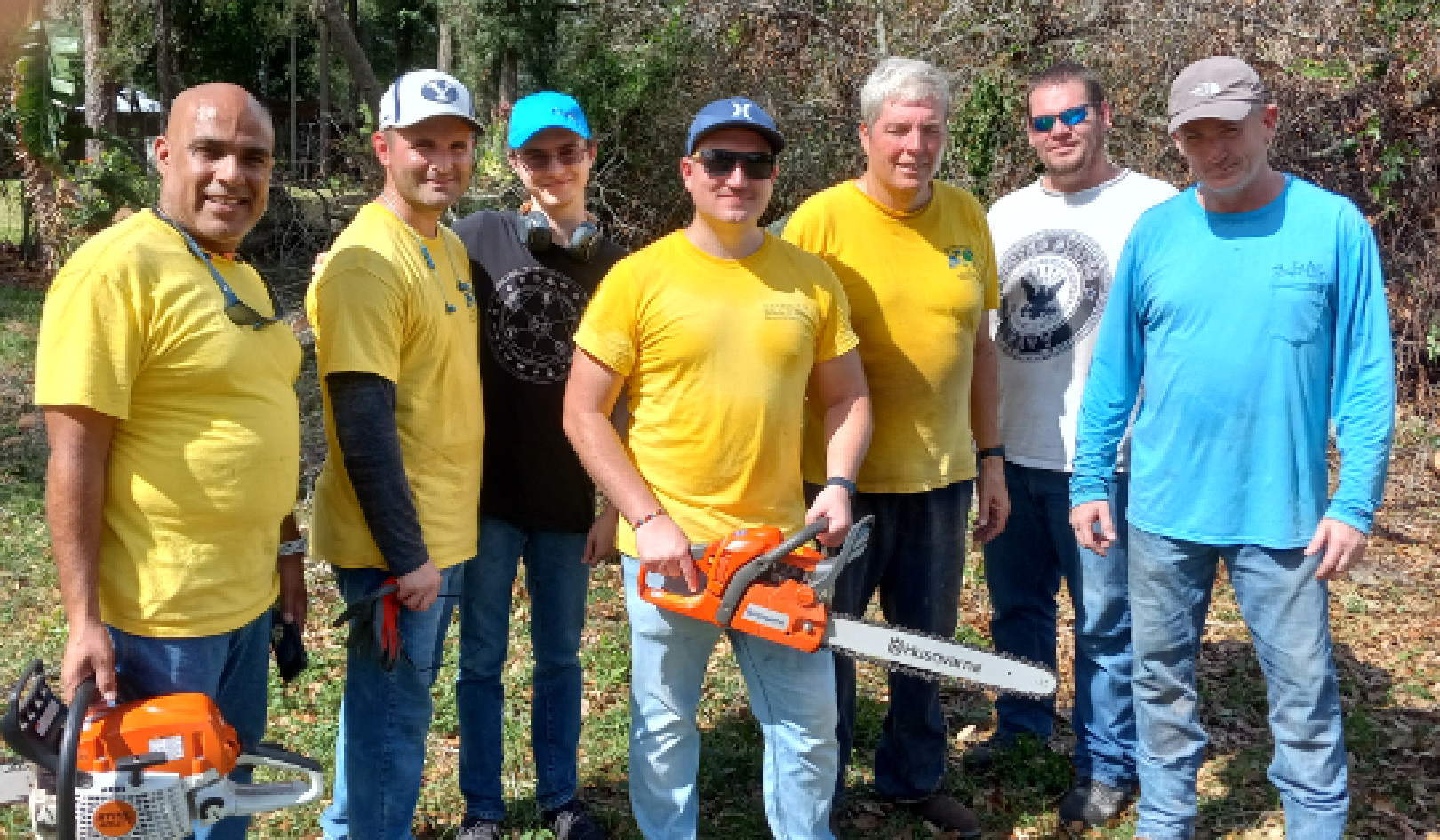
Children are not little adults – they need time to process what is going to happen. Ivan Pantic/E+ via Getty Images
Few things are more challenging than trying to vaccinate a terrified and uncooperative child. I have seen children wedge themselves into a corner and refuse to budge. I have seen them thrash and yell. And I have seen them sit perfectly still, but cry the entire time.
I’m an associate professor of pediatrics and have been a primary care pediatrician for more than 25 years. I’ve encountered these situations thousands of times in my career.
While getting shots provokes anxiety in most children, the degree of anxiety can be lessened. As a parent, there are three things you can do to improve the vaccine experience for your child. I refer to them as “The Three P’s.”
Preparation
It’s important to let your child know they will be receiving vaccines, unless you know your child will have a severe anxious response. You may think it’s best to keep upcoming shots hidden until your child gets to the doctor’s office, but this approach can make them more anxious and less able to cope. Children need some time to process what is going to happen. Let them know on the day of the visit, but with enough time to discuss it with them beforehand.
It is essential that you ask your child how they are feeling about receiving a shot. Giving them the opportunity to express their feelings can decrease the amount of stress and anxiety they feel about it. Validate their feelings by telling them you know needles can be a bit scary, but then reassure them that they can handle it. Explain why they’re receiving vaccines and emphasize it is for their overall good.
You should also describe specifically what will happen. For example, tell your child the nurse will clean their arm with an alcohol pad, count to three and then give the injection. It often helps if you have a plan for after the vaccines as well. For example, let your child know they will get to visit a grandparent or go to the park. Try not to reward them with food, as this can inadvertently teach them to emotionally eat.
Giving your child basic information along with the opportunity to express their feelings will save them from having to process what’s happening all at once. This often helps children better cope with the process.
Proximity
When your child is preparing for the vaccine to be administered, stay physically close to them. Speak to your child in a calm voice and remind them of the things you discussed at home. Let your child hug you with the opposite arm while getting their shot. This is often all it takes to get them through it.
Such support teaches children you will be there for them when they need you, which builds security. This security, in turn, gives them confidence to try things they may otherwise avoid.
Praise
After your child receives their injection, give them a moment to gather themselves – 30 seconds or so. Then tell them how well they did and that you’re proud of them. Point out that they did something they either didn’t want to do or didn’t think they could do.
This teaches children they can do things even when they are afraid or anxious. You can remind children of this experience when they need to get shots again – or if they are afraid or worried about something else, like public speaking or a school project.
Children are not little adults. They don’t always have the capacity to know what they are feeling or to express themselves when needed. It’s up to you to give them the opportunity and space to identify their feelings – and then help validate those feelings.
Preparing your child for vaccines, staying in close proximity to them during the process and praising them for a job well done will help them navigate this often challenging process with more confidence, courage and assurance.
About The Author
Lynn Gardner, Associate Professor of Pediatrics and Director of Pediatric Residency Program, Morehouse School of Medicine
This article is republished from The Conversation under a Creative Commons license. Read the original article.

Related Books:
Here are 5 non-fiction books on parenting that are currently Best Sellers on Amazon.com:The Whole-Brain Child: 12 Revolutionary Strategies to Nurture Your Child's Developing Mind
by Daniel J. Siegel and Tina Payne Bryson
This book provides practical strategies for parents to help their children develop emotional intelligence, self-regulation, and resilience using insights from neuroscience.
Click for more info or to order
No-Drama Discipline: The Whole-Brain Way to Calm the Chaos and Nurture Your Child's Developing Mind
by Daniel J. Siegel and Tina Payne Bryson
The authors of The Whole-Brain Child offer guidance for parents to discipline their children in a way that promotes emotional regulation, problem-solving, and empathy.
Click for more info or to order
How to Talk So Kids Will Listen & Listen So Kids Will Talk
by Adele Faber and Elaine Mazlish
This classic book provides practical communication techniques for parents to connect with their children and foster cooperation and respect.
Click for more info or to order
The Montessori Toddler: A Parent's Guide to Raising a Curious and Responsible Human Being
by Simone Davies
This guide offers insights and strategies for parents to implement Montessori principles at home and foster their toddler's natural curiosity, independence, and love of learning.
Click for more info or to order
Peaceful Parent, Happy Kids: How to Stop Yelling and Start Connecting
by Dr. Laura Markham
This book offers practical guidance for parents to shift their mindset and communication style to foster connection, empathy, and cooperation with their children.





















